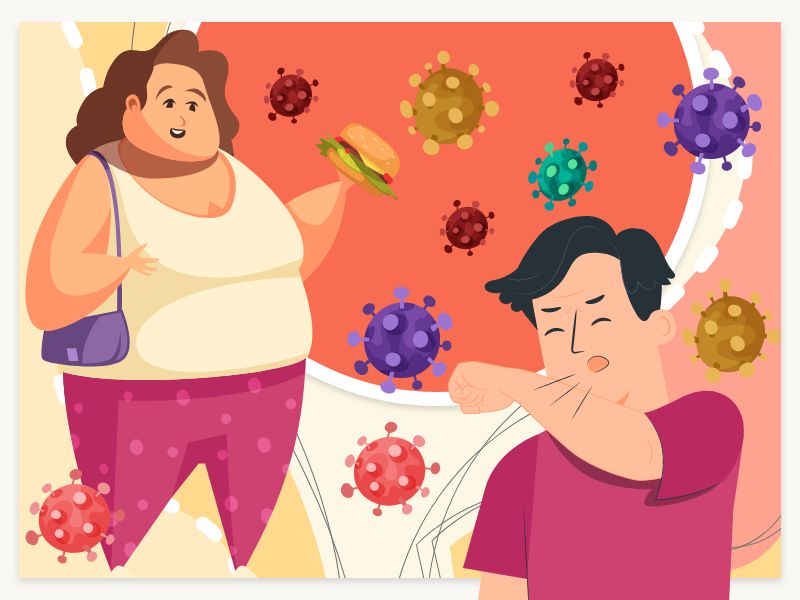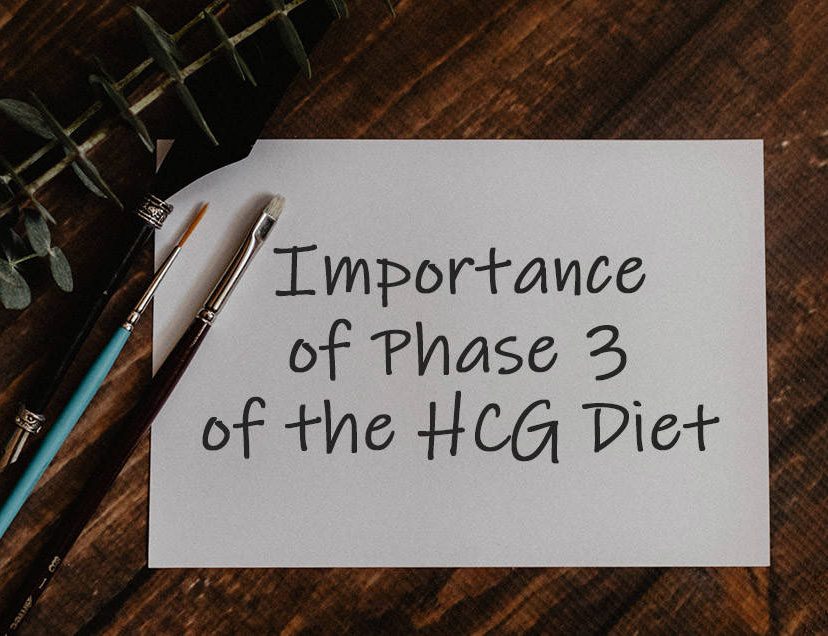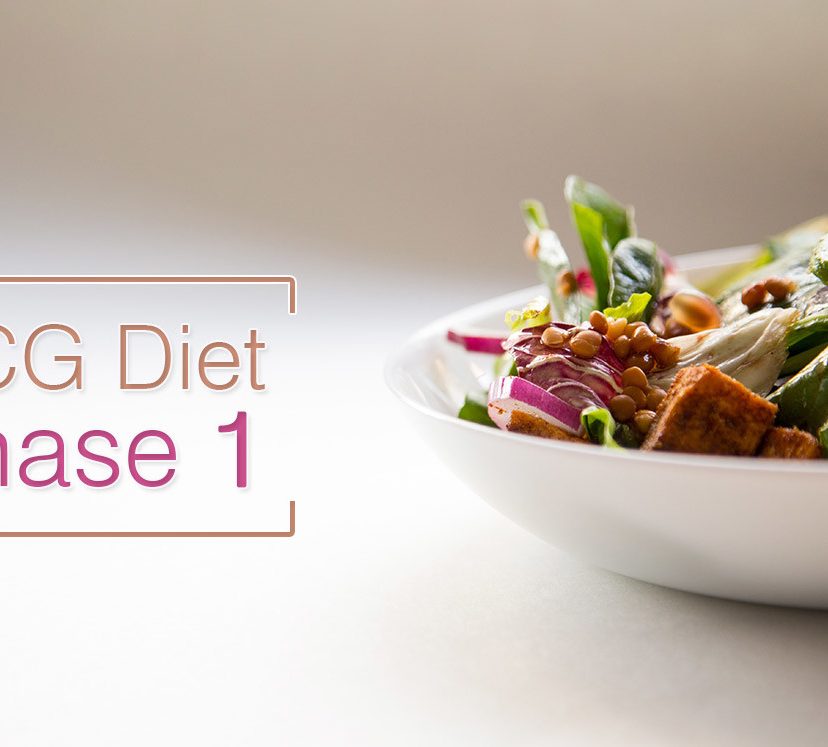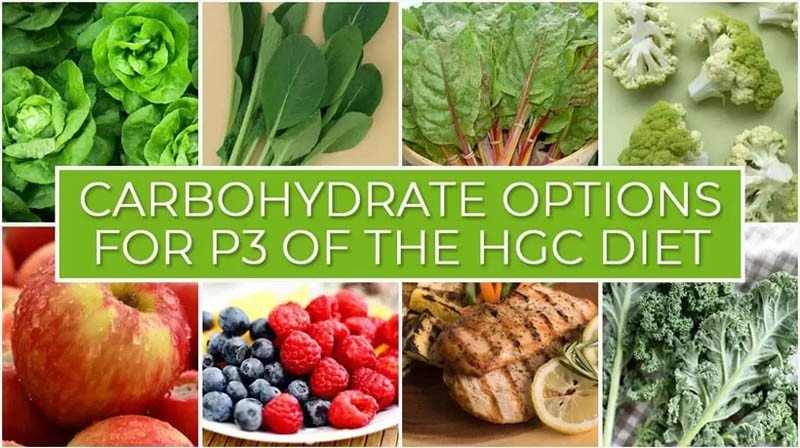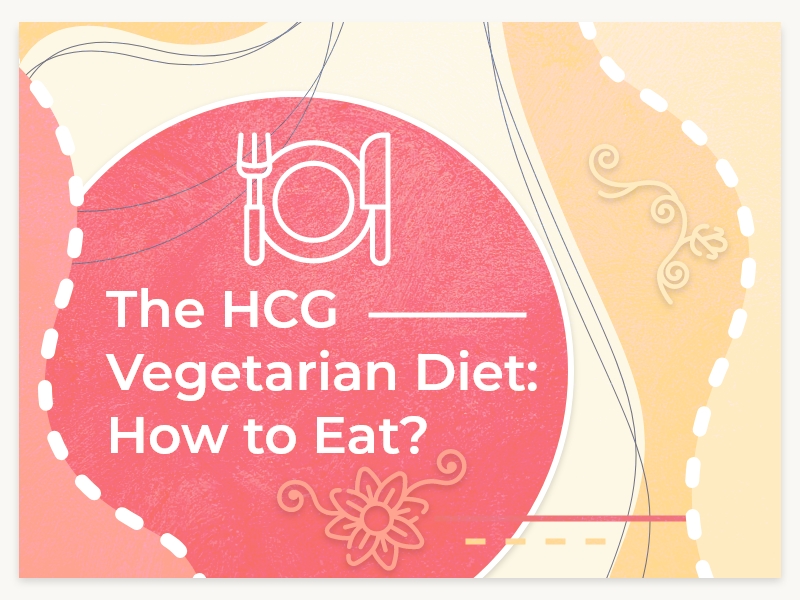6 Sustainable and Effective Weight Loss Programs

Weight loss is the reduction of your total body mass by means of losing body fat, water, and lean mass. Safe and healthy weight loss takes time and effort. With a healthy lifestyle, proper nutrition, physical activity, and the right weight loss plan, you can lose and maintain your weight long-term.
6 Sustainable and effective weight loss plans
Trying to find the best method to lose weight can be overwhelming. With all the diet plans out there- keto, dash, Weight Watchers, paleo, and a lot more- can make your head spin. Each of these plans has ardent adherents, who post all over Instagram how awesome it feels to cut out on sugars and carbs. Now it can be hard to decide which one to try first, so ask yourself these questions: Is this diet healthy? Will it be sustainable? Below are the 6 best diet plans to help you shed pounds and get healthy.
- Paleo Diet
This diet requires very strict adherence to foods that have been hunted and gathered like lean meat, seeds, nuts, fruits, and vegetables. You are not allowed to have any processed foods, dairy, beans, grains, and legumes.
- Keto Diet
The ketogenic diet is a high-fat, low-carb diet that allows you to lose weight while providing numerous health benefits. In the keto diet, your body undergoes a state of ketosis. With no carbohydrates, your body burns the stored energy from fats rather than from carbs. However, this diet is not viable for a long-term weight loss plan.
- WW
In WW or Weight Watchers, foods are given points based on the calories, sugar, protein, and saturated fat they contain. Basically, you can eat whatever you want as long as you stay within the range. You can even eat unlimited 0-point foods like fruits and veggies.
- DASH Diet
Dietary approaches to stop hypertension, or DASH, involves eating a diet that is designed to reduce blood pressure. Here, you focus on eating fruits, vegetables, lean meat, and whole grains. In the DASH diet, you typically consume about 5 servings of fruits and vegetables, 2 servings of low-fat dairy products, 7 servings of whole grains, and 2 servings of lean meat per day.
- Intermittent Fasting
In intermittent fasting, the diet involves a cycle of eating and fasting. It restricts your time allowed on eating, which can cause weight loss. Evidence also shows that intermittent fasting can increase your metabolism, improve brain health, increase insulin sensitivity, and many other benefits.
- HCG Diet
The HCG Diet is much like the low-calorie diet. In the HCG diet, you make use of HCG injection to help you lose weight faster along with a restricted calorie intake for a certain number of days. HCG or Human Chorionic Gonadotrophin is a pregnancy hormone produced in the placenta of women during pregnancy.
In this diet, the amount used is very little, about 125 iu to 200 iu max. The hormone will help you shed pounds by stimulating your brain to use the stored fat as the primary source of energy. You will feel little to no hunger at all despite the calorie-restricted because your body uses the fat reserve.
Factors that influence weight loss
Many factors affect how your body burns calories. These include your diet choices, underlying health conditions, and the weight loss plan you’ve chosen. Other factors include your age, sex, body fat percentage, how much you exercise, and your metabolic rate. These factors vary greatly and generally entail the amount of energy your body requires each day and the number of calories you burn daily.
Metabolism and weight loss
The key to weight loss success is to understand how your metabolism really works. Metabolism is the chemical process that takes place in your body. If you find struggle with the numbers on the scale despite your weight loss effort, you’ve probably blamed it on your metabolism. When someone says, “I have a slow metabolism’ or ‘I have a fast metabolism”, they are referring to their ability to shed pounds or to maintain a healthy weight.
To lose weight faster, you need to reeve up your metabolism. To do this, you must increase your muscle mass. More muscle mass means more calories burned even at rest. When you try to lose weight, a lot of time you wind up with a lot less muscle than when you started out. Why? As a prerequisite to weight loss, you consume fewer calories than you burn. In doing so, your body cannot synthesize new muscle protein as efficiently as it should. As a result, your muscle is less likely to use any amino acids from protein to strengthen your muscle. So, how can you build muscle and lose fat at the same time?
Tips to build muscle while still losing weight
- Choose the right diet plans. One of the best ways to lose weight is to change your diet. Several diet plans can help you lose a significant amount of weight within a year. Because of their sheer number, it can be quite challenging to determine which one will work for you, and which diet plan will be the most suitable, effective, and sustainable. Some diet plan limits your calorie intake for a certain number of days while others reduce your appetite, so you can reduce your food intake. Furthermore, many of them have health benefits that go beyond weight loss.
- Eat more protein. Protein is the building block of your muscle. So, consuming enough proteins helps maintain your muscle mass and stimulates muscle growth when you exercise.
- Do short, intense cardio workouts. Focus on high-intensity exercises such as repeated sprints on the treadmill, or the elliptical. These high-intensity workouts burn fat while building muscle.
- Incorporate weight training and cardio into your routine. Weight training encourages muscle growth but does it at least three times a week only with rest days in between.
- Give your muscles some break. Rest is equally important as exercise and eating healthily. Your body needs time off to recover and repair itself from weight training.

